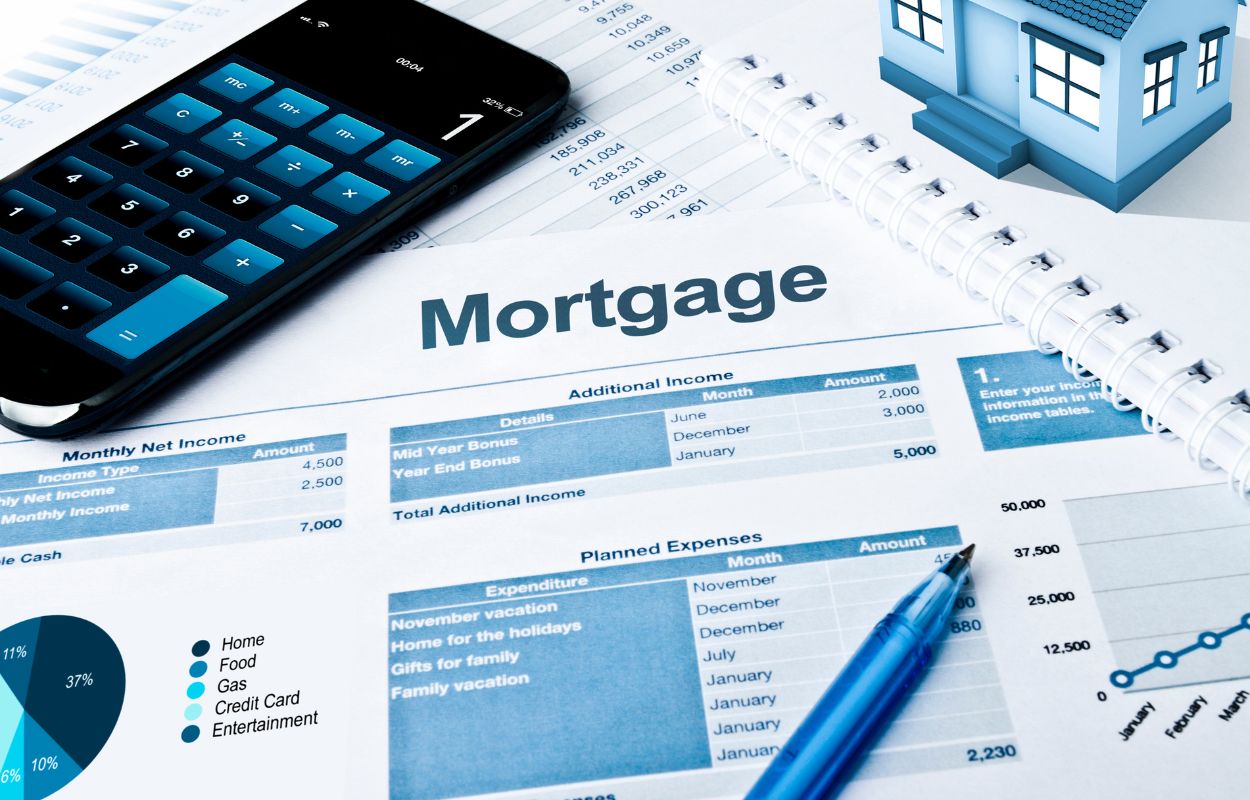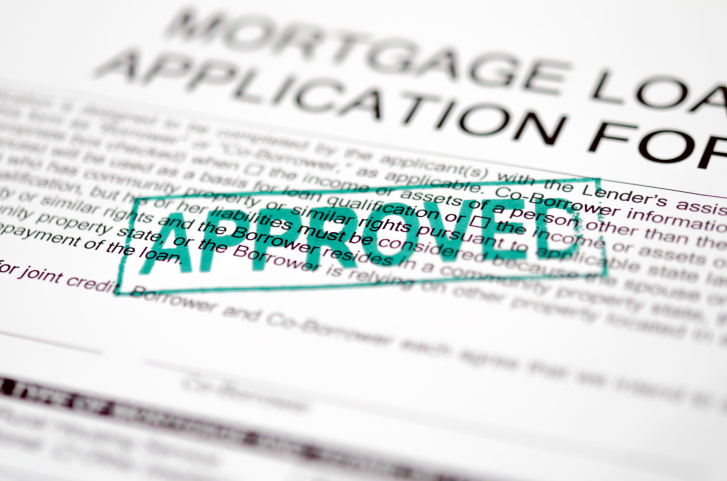What Fees Are Involved With a Reverse Mortgage? Let’s Take a Look
 Investing in a home may be one of the most significant purchases you’ll make in your lifetime, but many people forget that there are a number of other costs associated with buying a home. If you’re considering a reverse mortgage and want to be clear on all of the fees involved, here are a few things you can expect to come across.
Investing in a home may be one of the most significant purchases you’ll make in your lifetime, but many people forget that there are a number of other costs associated with buying a home. If you’re considering a reverse mortgage and want to be clear on all of the fees involved, here are a few things you can expect to come across.
Initial Home Appraisal Fee
In order to ensure that you qualify for a reverse mortgage, you’ll need to spend a lump sum up front to determine the market cost of your home. While the amount of this fee will depend on the size and age of your home, it generally runs from a couple hundred dollars to less than a thousand and will be paid to the appraisal company that you’re dealing with.
Mortgage Insurance Premiums
At the time that you close on your mortgage, you’ll be required to pay a mortgage insurance premium (MIP) in order to secure your loan. This amount will vary from lender to lender and will be calculated based on the lesser-appraised value of your home. In addition to this, annual mortgage insurance premiums will be charged throughout the entire period of the loan and will be a percentage of the outstanding balance of your mortgage.
Loan Origination Fee
In order to process and underwrite your loan, you will also be required to pay a loan origination fee, which covers the administrative costs. While this amount has come down in recent years, it is a sizeable lump sum that hovers around 2% of your home’s value up to $200,000. If the home’s value exceeds this amount, it will go down to 1% after the initial amount is charged.
Other Third Party Fees
Like any mortgage loan, there are a number of one times fees that you’ll need to pay in order to secure your mortgage. In addition to a monthly servicing fee, there will also be fees like surveying, title fees and credit checks that will be added on to the total cost of your mortgage product. It’s important before choosing this option to ensure that you know what costs you’ll be dealing with.
A reverse mortgage may be the right mortgage product for you, but it’s important to be educated of all of the costs before choosing this option. If you’re currently considering other mortgage products, you may want to contact one of our mortgage professionals for more information.
 Many people are aware of the financial commitment that is involved when investing in a home, but what that amounts to is different for every person. From what you can afford to what a lender will allow, there are plenty of details involved in determining the right home for you. If you’re not quite sure what the right price is, here’s how to approach home ownership and determine your debt-to-income.
Many people are aware of the financial commitment that is involved when investing in a home, but what that amounts to is different for every person. From what you can afford to what a lender will allow, there are plenty of details involved in determining the right home for you. If you’re not quite sure what the right price is, here’s how to approach home ownership and determine your debt-to-income. There are few things better than finding your dream home and being able to afford it, but simply because you’ve found the perfect place doesn’t mean you should stretch the truth. It might seem tempting to polish your mortgage application a little in the hopes of making a better impression, but here are a few reasons why you should stick to the truth when signing off on your home.
There are few things better than finding your dream home and being able to afford it, but simply because you’ve found the perfect place doesn’t mean you should stretch the truth. It might seem tempting to polish your mortgage application a little in the hopes of making a better impression, but here are a few reasons why you should stick to the truth when signing off on your home.